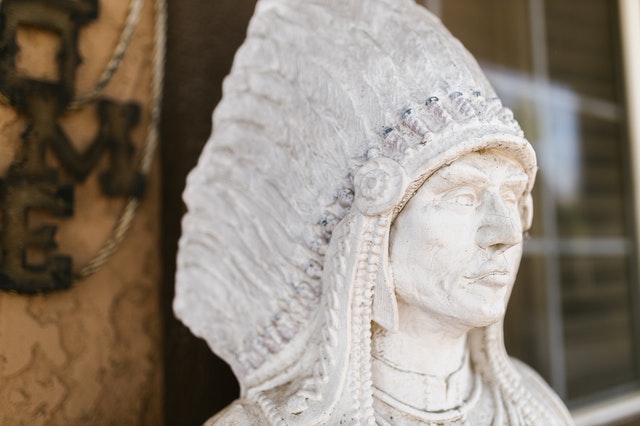In the month of Thanksgiving, many American families are preparing to gather over a decked-out turkey feast paired with everyone’s favorite side dishes. Although Thanksgiving week is a festive time for many, it also reminds many Indigenous Peoples of their stolen land, white-washed history and under-representation in the country, as the holiday was not as peaceful or voluntary an interaction as many children’s and history books may make it appear.
This year, you can approach the Thanksgiving season with a listening spirit, willing to learn from and offer support to the remaining Indigenous Peoples who still reap the effects of this injustice. Discover how to give back to Indigenous Peoples and their communities below.
Educate Yourself
Although the initial grievance took place hundreds of years ago, Indigenous Peoples still continue to suffer from the ongoing use of their stolen lands. While those affected do not expect average-day Americans to understand the gravity of the event on the personal level that Indigenous Peoples feel it, they still appreciate Americans being willing to educate themselves on the truth of this trial. Thanksgiving can be a time where Americans can dive into the reality of the first Thanksgiving and colonization.
Donate to Communities and Organizations
There are various Native American reserves in existence today, yet nowhere near the population that they used to be. Along with these communities, there are a number of organizations that support Indigenous liberation and allow people to take action. Rather than taking your money to engage in impulse spending on Black Friday, consider putting your extra cash towards one of these organizations, and stay in touch with them throughout the year to see how you can be of support. With Indigenous Peoples still facing discrimination and being at a higher risk for homelessness, acts of violence and more, it is important that we work towards supporting these communities and making reparations for their stolen freedoms.
Contact Your Reps
To this day, there are still ongoing legal battles between the U.S. government and sacred lands belonging to Indigenous Peoples. You can do your part by contacting your local representatives and government officials to fight on behalf of local issues affecting Indigenous communities. The more support Indigenous communities receive, the closer we will grow to restore the shaky relationship between the U.S. government and Native peoples. Although it may not seem like these issues affect you personally, it is important to acknowledge that you are living on the stolen lands of their ancestors and that there are numerous individuals with ties to Indigenous communities.
